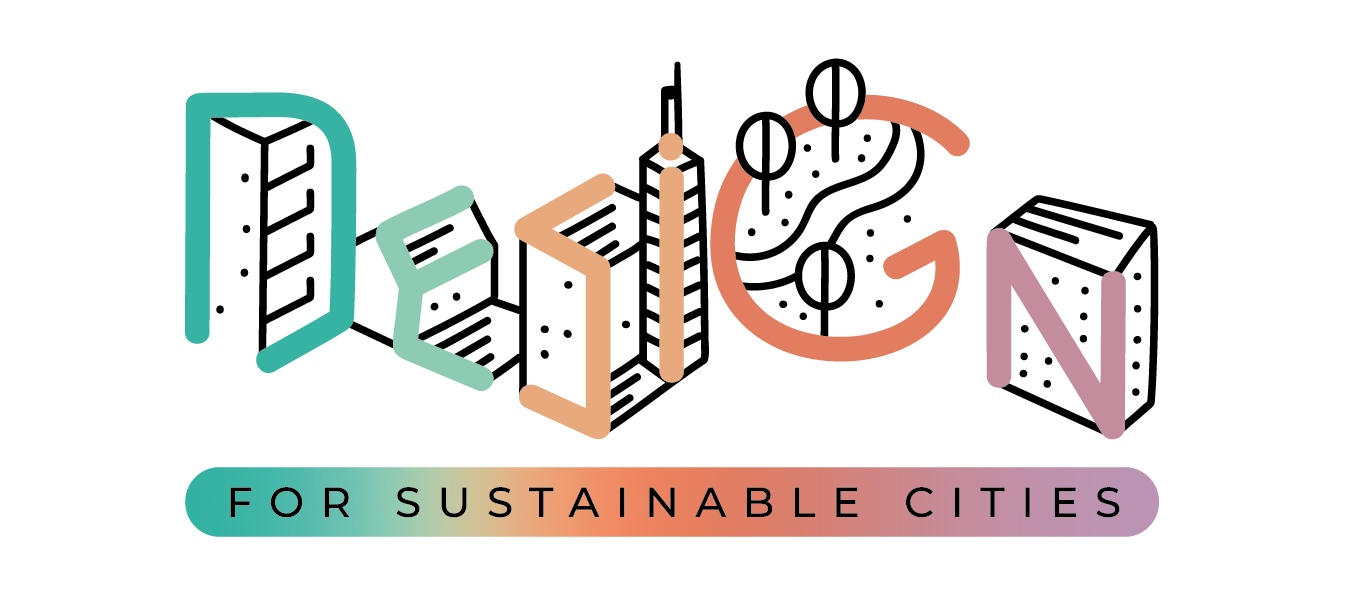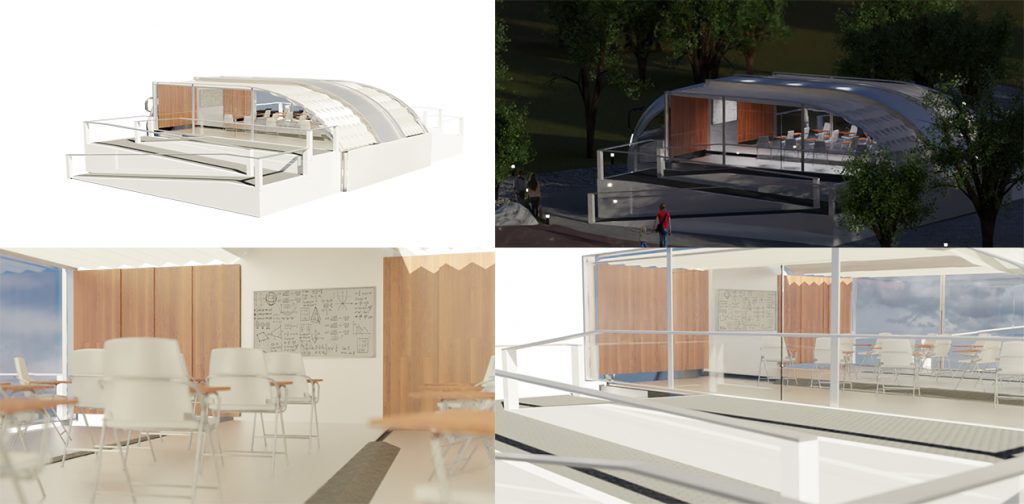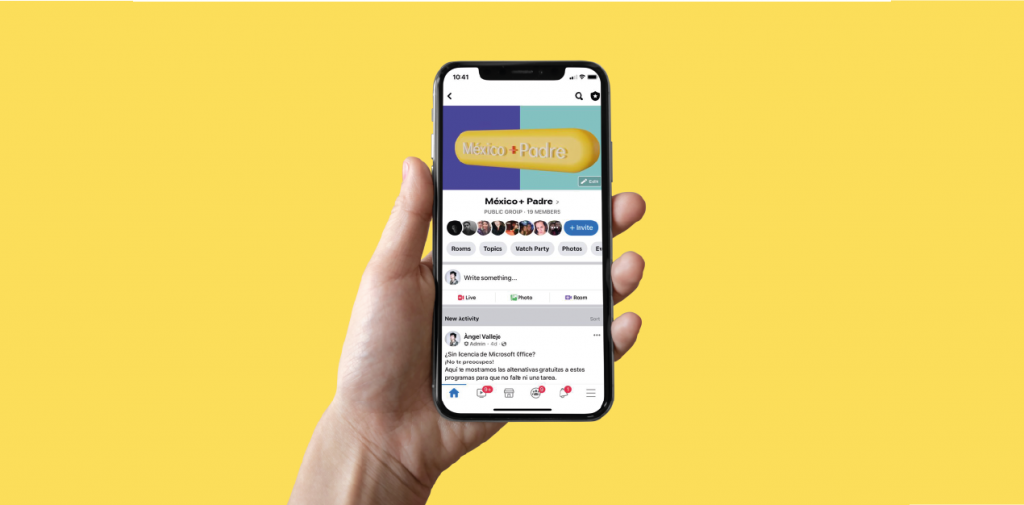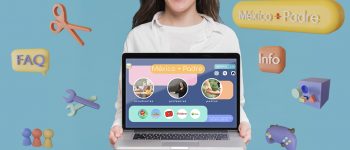Improve the distance educational experience, ensuring it is followed up and making it more efficient. It aims to positively transform the way classes are taken online, teaching how to use the necessary tools to carry out activities on the device they may have, such as: video calls, downloads, upload tasks, etc. This proposal aims to: – Support youth and adults who are not related to digital media – Offer a feasible alternative to work and study with minors – Be a replicable proposal towards any age-range sector – As well as promoting self-learning and collaborative self-management teaching, based on the pandemic educational needs.
México+ padre is a strategy designed to facilitate and complement the application of distance classes for parents, guardians, and teachers mainly from public primary schools. This service aims to increase the confidence and ability, principally for those who are in charge of leading home school tutorship. The communication channel where this interaction happens is through virtual platforms on their cell phone, tablet, or computer. The initiative meets the ONU sustainable development goals to ensure quality education and is related to other global goals like:
– Industry, Innovation, and Infrastructure
– Reduced inequalities
– Sustainable cities and communities and Partnerships for the goals
It complements programs and activities established by the SEP (Secretaría de Educación Pública is a Mexican Education Public Body) and it is a feasible alternative for the public with limited resources. When people do an activity that understands, the chances of mastering it are greater, making it much more probable to do it with greater efficiency, speed, and interest.
Taking action is difficult without knowing where to start, that is why Mexico+padre has a Facebook group in which parents and teachers will have access to video clips, publications, and images that will help them solve their doubts related to the use of technological tools. At the same time that they can post questions and receive answers from the community on how to solve them. Within the same group, recollection campaigns of devices will be created and broadcasted. It is expected that over time, Technological Training Centers will be generated, which are outdoor spaces, where families can approach to ask for advice, repair their equipment, and even make use of a device with internet, taking nature as the elementary point of adequate development and aware of physical reality. Additionally, there is the proposal to develop a web platform, where online resources can be offered and organized to provide necessary data for the public that consults it according to their age and the content they require.
*There are 25,493,702 primary students from a total of almost 37 million students from basic to high school level (this representing more than a half of the total).
So students suffer academic lags, get bored in class, and experience psychological consequences such as frustration because they do not understand or achieve the expected objectives. As a consequence of this, their tutors decide to pause their studies, contributing to the potentially increasing numbers of school dropouts from an early age. National strategies to continue with study plans during the Covid 19 pandemic have not been efficient. Certain population sectors are still not being considered for the emerging systems that new educational strategies demand. They are not prepared to continue working online.
We are approaching people through social media and the networks that they already manage so the learning and mentorship become easier and scalable to all kinds of communities. The intended proposal intends to create self-sustainable groups that support themselves through knowledge and empathy.






